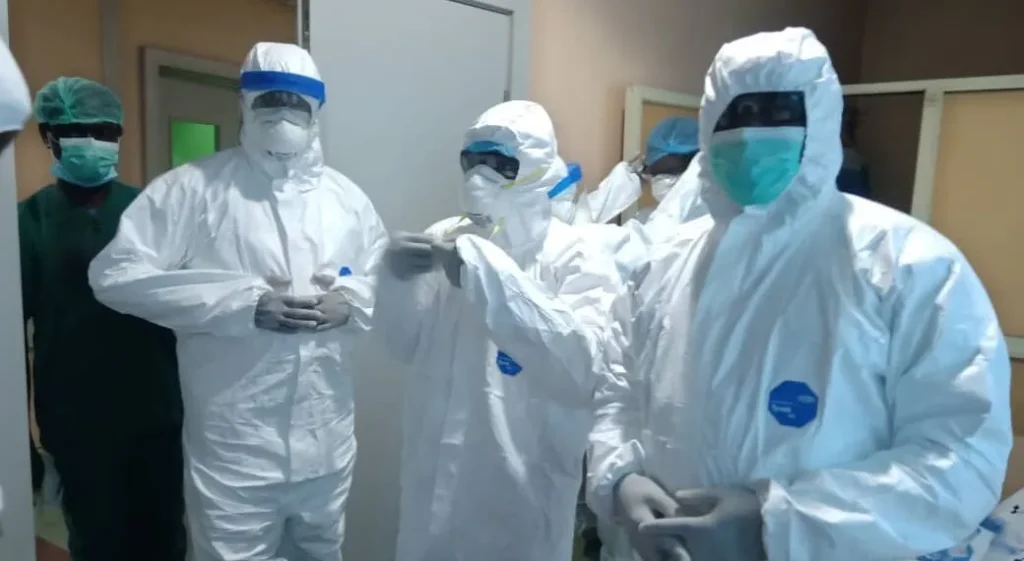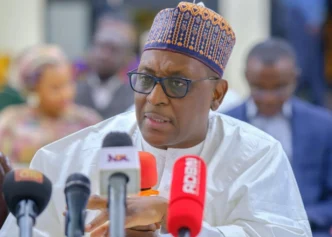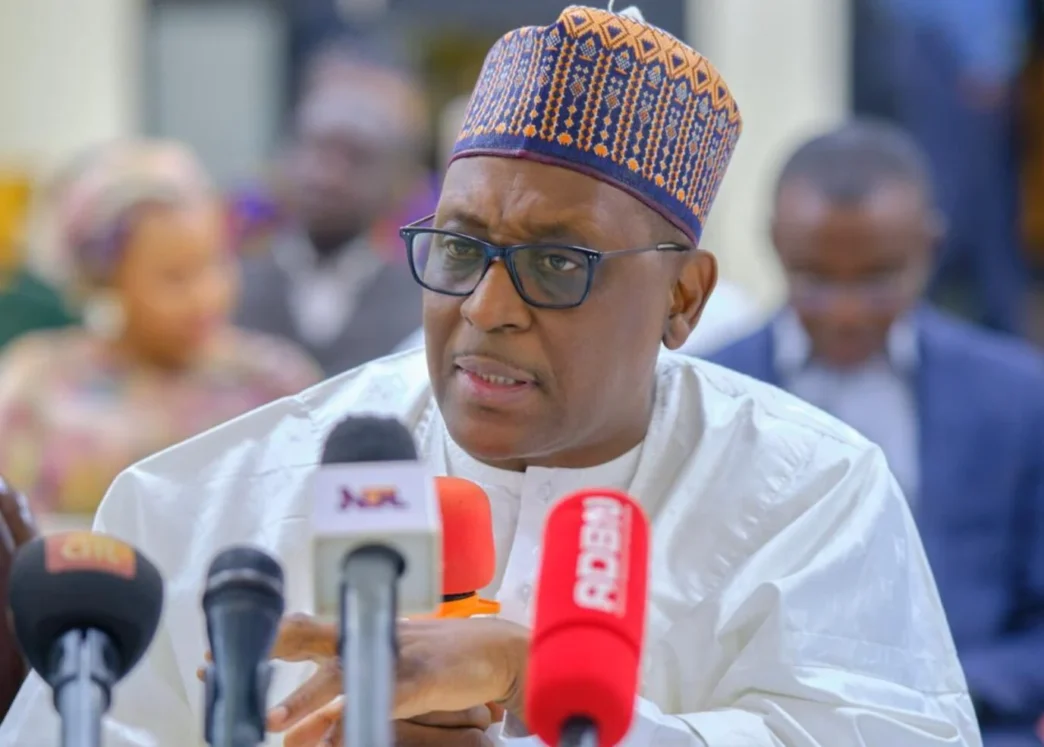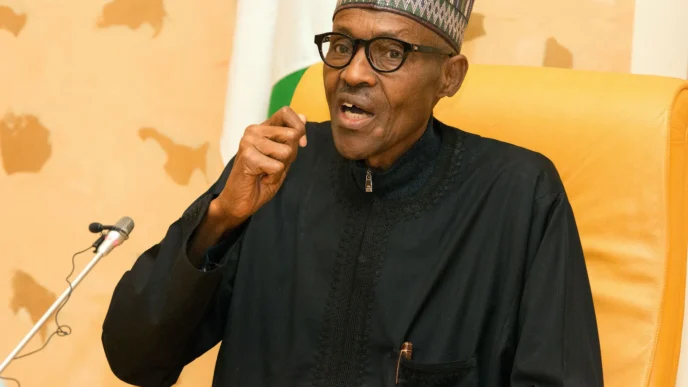More than 16,000 doctors have left Nigeria in the last five to seven years, the Coordinating Minister of Health and Social Welfare, Prof. Muhammad Pate, revealed on Tuesday.
The alarming figure highlight a growing medical brain drain crisis that continues to weaken Nigeria’s already overstretched healthcare system.
The minister made this known while speaking at the 7th Annual Capacity Building Workshop of the Association of Medical Councils of Africa (AMCOA), held in Abuja.
According to him, the departure of healthcare professionals, including nurses and midwives, has become a growing concern as hospitals across the nation remain severely understaffed, especially in rural areas.
“In Nigeria alone, over 16,000 doctors are estimated to have left the country in the last five to seven years, with thousands more leaving in just the past few years,” Prof. Pate stated. “Nurses and midwives have also thinned in numbers. The doctor-to-population ratio now stands at around 3.9 per 10,000—well below the suggested global minimum.”
The minister explained that the reasons for this mass exodus include better economic opportunities, improved working conditions, and access to advanced training and research facilities in foreign countries.
He lamented that the migration trend has not only led to a human resource gap but has also cost Nigeria millions in public investment.
Training a single doctor in Nigeria is estimated to cost over $21,000, according to Pate.
“This trend is not just about people leaving. It represents a fiscal loss,” he added.
“The estimated cost of training one doctor exceeds $21,000 a figure that reflects the magnitude of public financing walking out of our countries.”
Despite the grim outlook, Prof. Pate emphasized that the situation presents an opportunity for reform.

He called for the development of well-balanced health workforce policies that recognize both the right of professionals to seek opportunities and the urgent need to protect Nigeria’s fragile health system.
“In Nigeria, guided by the vision of President Bola Ahmed Tinubu… we are pursuing a new direction,” he noted.
“Under the Renewed Hope Agenda, and within the framework of the Nigeria Health Sector Renewal Investment Initiative, we have embraced a new path combining strategic realism with visionary ambition.”
A major component of this reform, he said, is the National Policy on Health Workforce Migration.
The policy, which is designed to tackle health workforce migration with dignity, focuses on ethical recruitment practices, bilateral agreements, and enhanced training capacity.
It also aims to strengthen governance and regulatory coordination, as well as establish real-time data systems to track workforce movement.
“This is not a restrictive policy,” the minister said. “Our response is based on stewardship—balancing the rights of health professionals to seek opportunities abroad with our duty to protect the integrity and viability of our national health system.”
Pate also advocated for regional collaboration among African nations, stressing the need for a continent-wide framework on healthcare worker training, accreditation, and data sharing.
He encouraged African governments to unite in addressing the challenges posed by healthcare workforce mobility.
The AMCOA workshop brought together key players in Africa’s medical regulatory space. President of AMCOA, Prof. Joel Okullo, echoed Pate’s call for stronger partnerships between African nations, particularly in managing healthcare personnel and improving service delivery across the continent.
Also speaking at the event, the Registrar of the Medical and Dental Council of Nigeria (MDCN), Dr. Fatima Kyari, celebrated Nigeria’s successful hosting of its first AMCOA workshop.
Meanwhile, Board Chairperson Prof. Afolabi Lesi highlighted the tension among healthcare professionals, which he said has contributed to the breakdown of teamwork and affected patient care.
“The reality is that while we have committed and clear directions at the level of governance, implementation of actions is bedevilled by the fractioned and fractious relationship among health workers who ought to be working as a team,” Prof. Lesi said. “The patient’s well-being and safety must remain the primary focus.”
However, as Nigeria faces a growing shortage of healthcare professionals, stakeholders hope that ongoing reforms and regional collaboration can reverse the trend and rebuild a resilient healthcare system capable of meeting the needs of all Nigerians.













